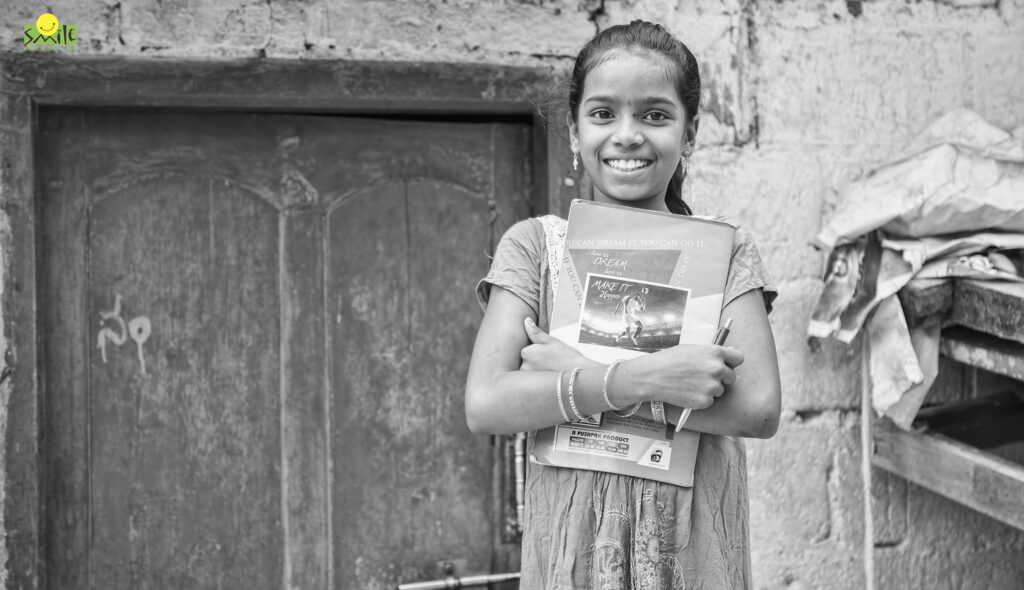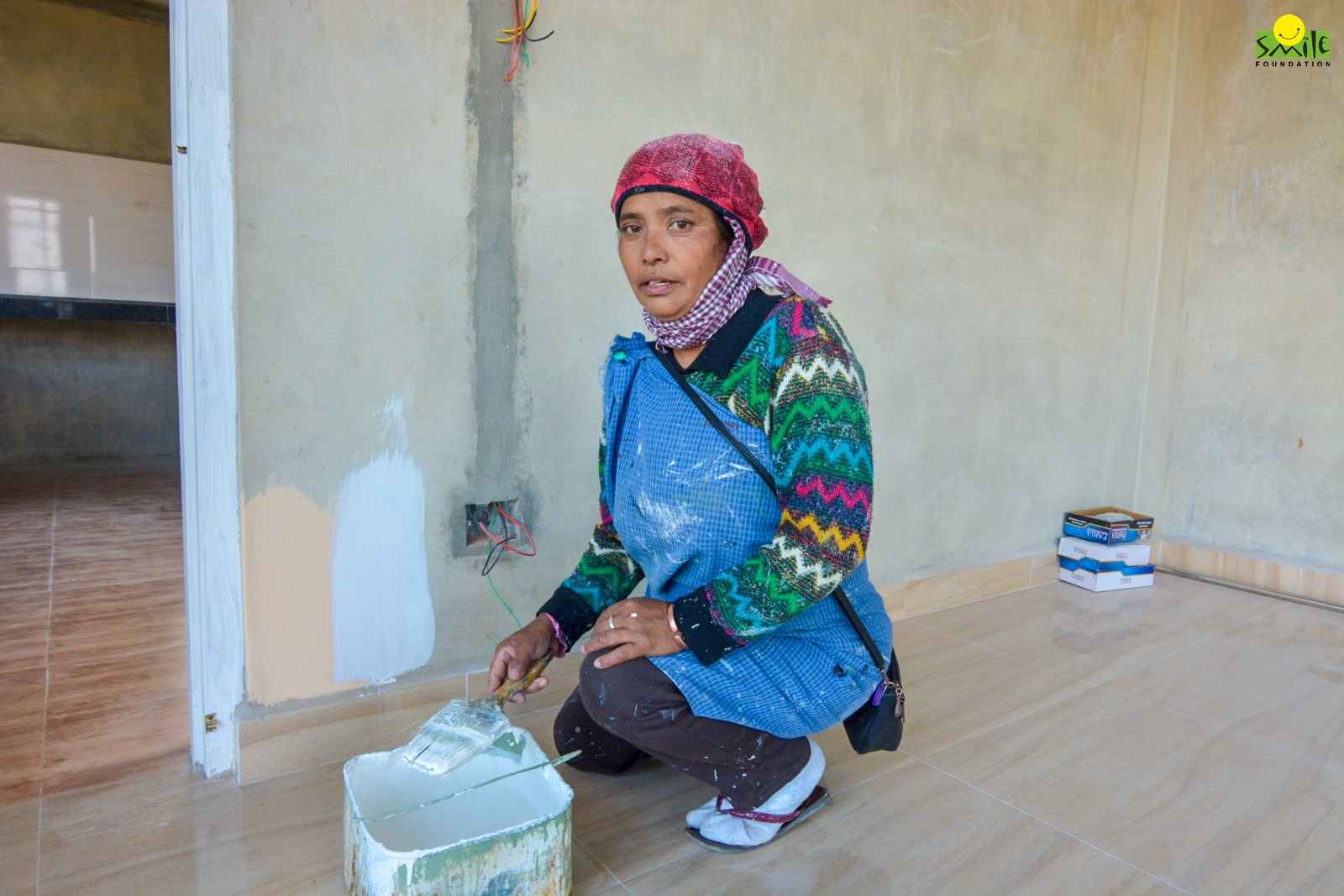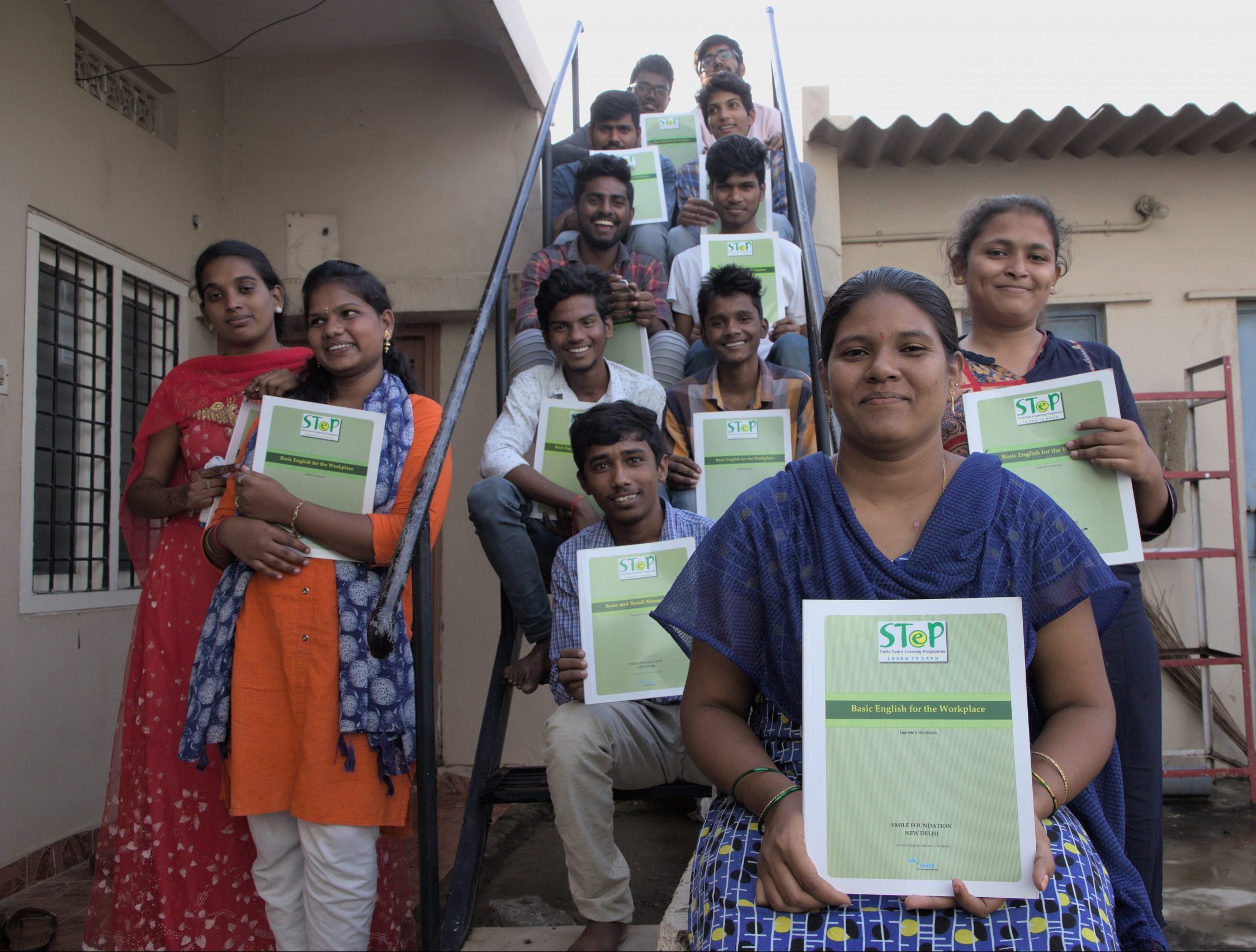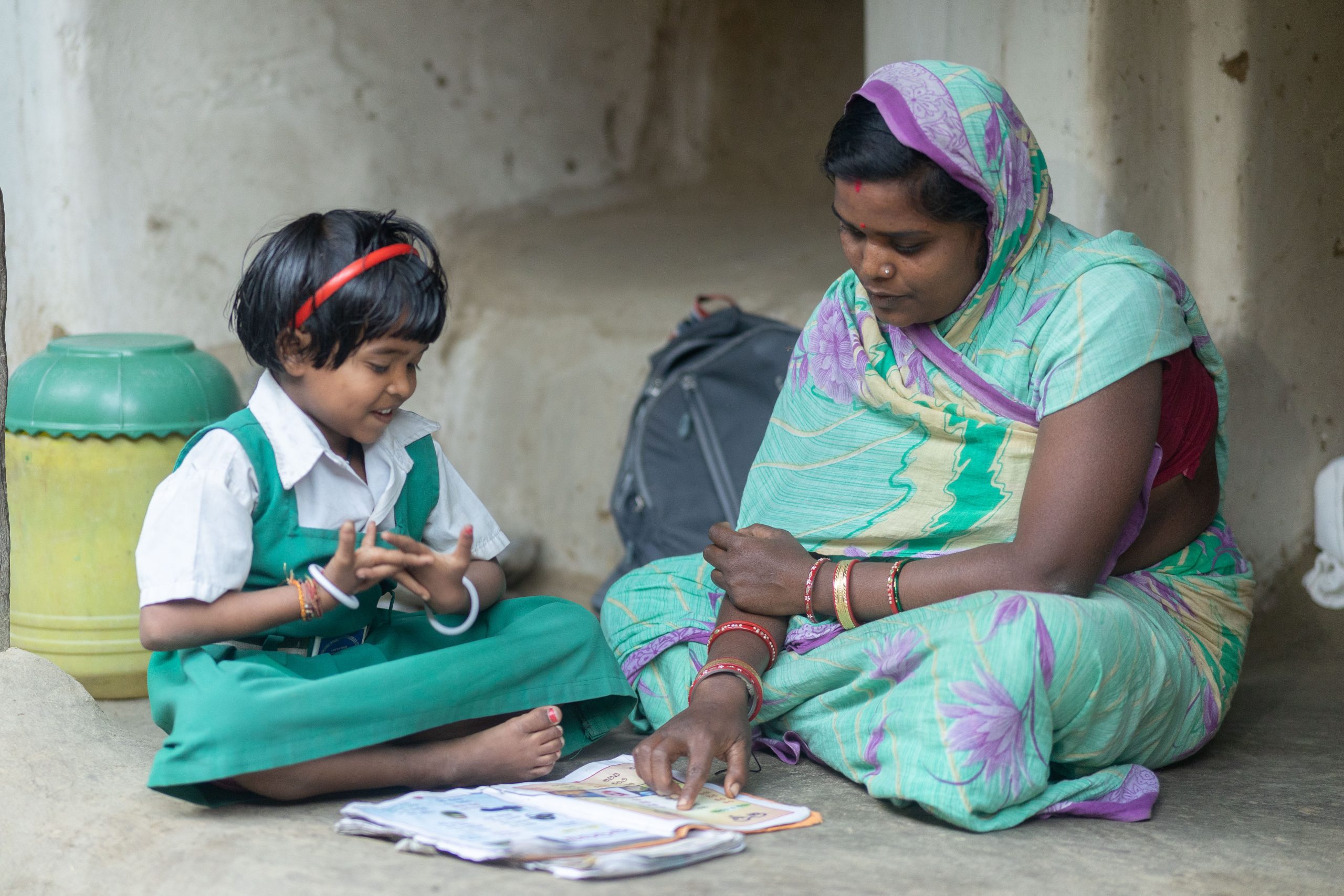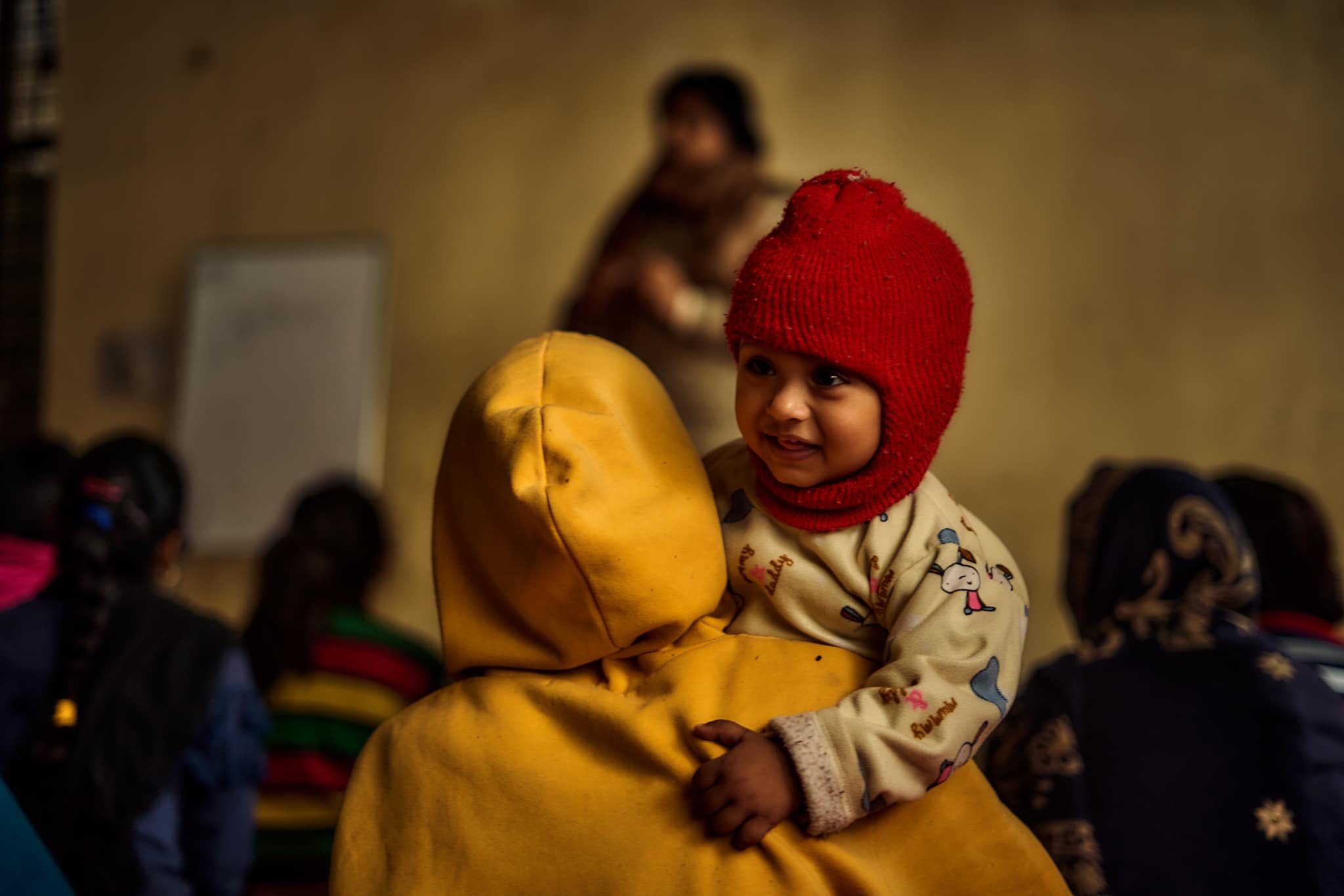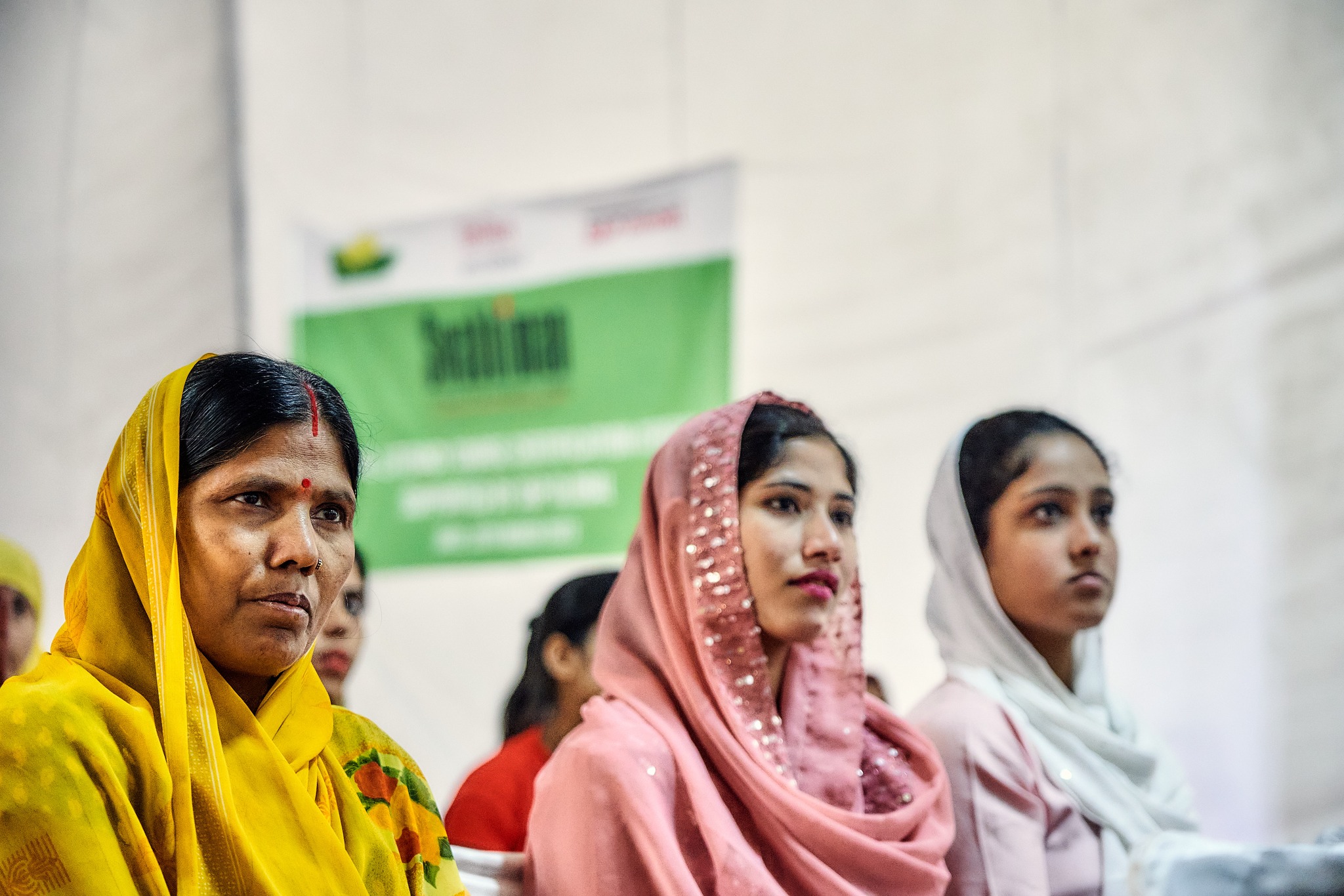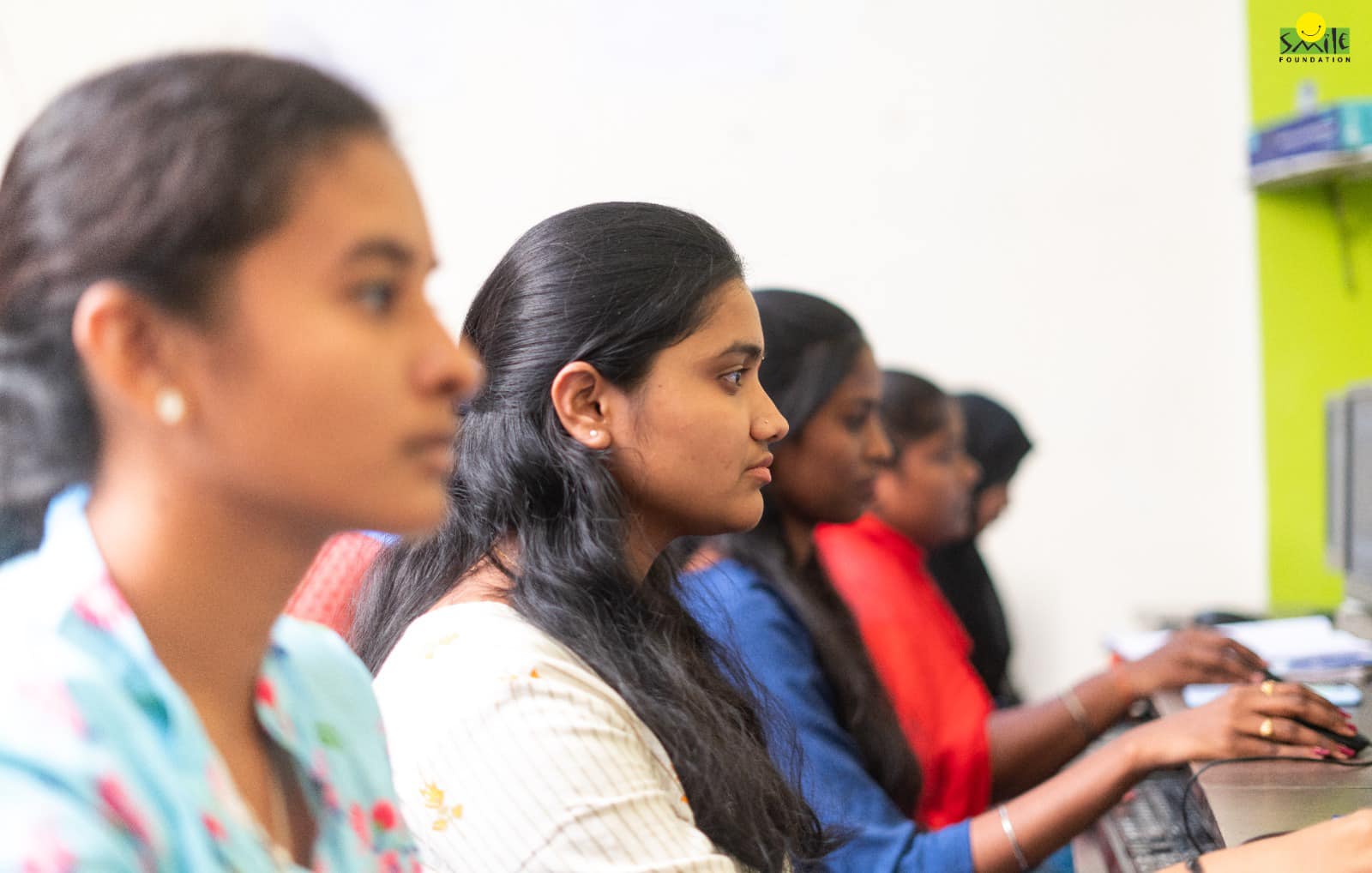Nelson Mandela rightly said “Education is the most powerful weapon which you can use to change the world”. An educated person has the ability to differentiate between right and wrong or good and evil or to form an opinion of their own. Although India’s education sector has grown by leaps and bounds in the last few decades, many of its children still fail to receive a quality education.
While some do not have access to schools, others are hindered by socio-economic reasons like family income level, parents’ level of education, race and gender. Graduating school is the only way for children to get out of the malignant cycle of poverty pervasive in many underserved localities throughout India. A well rounded system of education doesn’t measure a student’s merit just by academic results. Instead, it identifies the talents, interests and aspirations of every student and helps them develop their strengths and serve worthy causes.
There is an inversely proportional relationship between education and poor health. If the people are educated, we can expect a decline in prenatal deaths and maternal mortality rate, while simultaneously improving children’s health. Educating women and girls abut reproductive healthcare and their rights regarding marriage empowers them to make decisions about their lives. Early marriage and pregnancy cut educations short and often lead to underweight, undernourished children, as well as domestic violence. Thousands of under-aged girls marry each year, some as young as 8 or 9. Education helps everyone understand the harm of this practice.
The spread of disease in developing countries like India is often exacerbated by a lack of public knowledge about how it is transmitted. An appalling high number of children in India are still out of school working in hazardous conditions, living on the street, braving hunger, poverty and violence. Childhood for them has become an endless struggle to survive.
But despite their circumstances, they have not stopped dreaming. Their dreams are as colorful as any other child’s and they have just as much potential to fulfil them. Their eagerness to learn and express is half the job done. As a society, it is our responsibility to manifest consciously on an equitable, inclusive and robust education system for all.
The Mission Education programme of Smile Foundation identifies such out-of-school children from remote villages, tribal areas and urban slums, and provides them quality education. In addition to this, it also looks after their health, nutrition, and holistic development through participation in co-curricular activities.
Smile Foundation believes that whether you are addressing healthcare, poverty, population control, unemployment or human rights, there’s no better place to start than in the corridors of education.
To change lives by providing education to our children, please consider making a thoughtful donation here.



